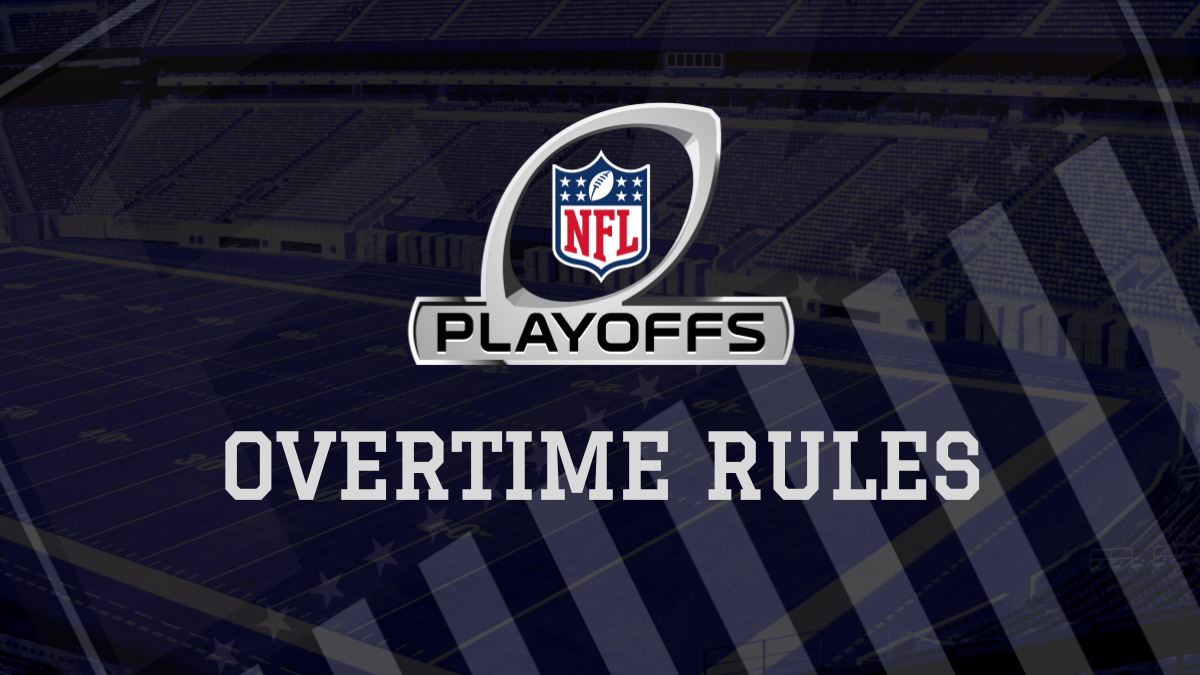New NFL overtime rules 2025: Explaining how the OT format works in football for regular season, playoffs
Welcome to "NFL Thoughts," a wide-ranging, in-depth look at some of the top storylines of the 2025 season. This one's simple: How should NFL teams handle the new overtime rules, approved this spring, and how will they actually handle them?
There have been five overtime playoff games in the last five seasons. That track record means one postseason game could take more than 60 minutes to decide.
Last Year: In 2024 season featured 16 games that required overtime, compared to 20 during the 2022 season. Since the NFL added an overtime period in 1974 to resolve regular season games that end regulation time with a tie score, 647 games (1974–2022) have been decided in overtime.
As with many NFL rules, the rules governing overtime have evolved over time.
The league installed a modified sudden-death overtime system to help determine a winner in a tie game for the 2010 postseason. Two seasons later, the league expanded those rules to cover all NFL games.
Here's what to know about the overtime rules in the NFL playoffs:
NFL Overtime Rules For Regular Season.
The NFL introduced overtime in 1974. Through 2009, it was a 15-minute, sudden-death period; the first team to score won. In 2010, the NFL changed the rule so that if the team that possessed the ball first scored a field goal, the other team would get the ball.
Months later after 2022 Controversial Playoffs finish by Chiefs, the NFL instituted a rule that both teams would get the opportunity to possess the ball at least once in playoff overtime games, with the extra session being 15 minutes, with repeating 15-minute periods to follow. Since then, the aforementioned Chiefs-49ers Super Bowl is the only playoff game to go to overtime.
In March, the league voted to apply the "both teams get the ball at least once" format to the regular season, while keeping the 10-minute limit.
So, to review, in regular-season overtimes ...
*The referee will conduct a coin toss, with the visiting team calling heads or tails. The team that wins the coin toss has the opportunity to choose whether to receive or kick off.
*The overtime period is 10 minutes.
*Both teams must have the opportunity to possess the ball unless the receiving team runs out the clock on the entire 10-minute period (which seems unlikely).
Any defensive score (pick six, safety) ends the game.
*After each team has had an opportunity to possess the ball, if one team has more points than its opponent, the game is over.
*If the team that received possession first does not score, or if the score is tied after each team has had a chance to possess the ball once, the next score wins.
(This was the thinking behind Shanahan's "We wanted the ball third" comment.)
*The game is over after the 10-minute overtime concludes.
*Both teams get two timeouts.
Here it is from the NFL rule book.
NFL Playoff Overtime Rules; how does it work for Postseason games.
Unlike regular season games, postseason games cannot end in a tie, so the overtime rules change slightly for the playoffs.
If the score is still tied at the end of an overtime period — or if the second team’s initial possession has not ended — the teams will play another overtime period. Play will continue regardless of how many overtime periods are needed for a winner to be determined.
There will be a two-minute intermission between each overtime period. There will not be a halftime intermission after the second period.
The captain who lost the first overtime coin toss will either choose to possess the ball or select which goal his team will defend, unless the team that won the coin toss deferred that choice.
Each team will have an opportunity to possess the ball in overtime.
Each team gets three timeouts during a half.
The same timing rules that apply at the end of the second and fourth regulation periods also apply at the end of a second or fourth overtime period.
If there is still no winner at the end of a fourth overtime period, there will be another coin toss, and play will continue until a winner is declared.
When was the first-ever Over-Time given in NFL History.?
The first overtime game in NFL history occurred on Aug. 28, 1955.
The Rams and Giants squared off using the sudden-death rules, which had been invented by game promoter Harry Glickman, to determine the game. The Rams won it, and the overtime format was adopted and eventually used during the 1958 NFL championship.
The Rams and Giants squared off using the sudden-death rules, which had been invented by game promoter Harry Glickman, to determine the game. The Rams won it, and the overtime format was adopted and eventually used during the 1958 NFL championship.
_____


0 Comments